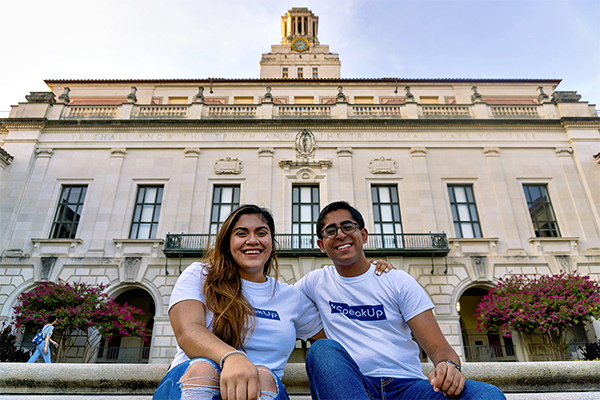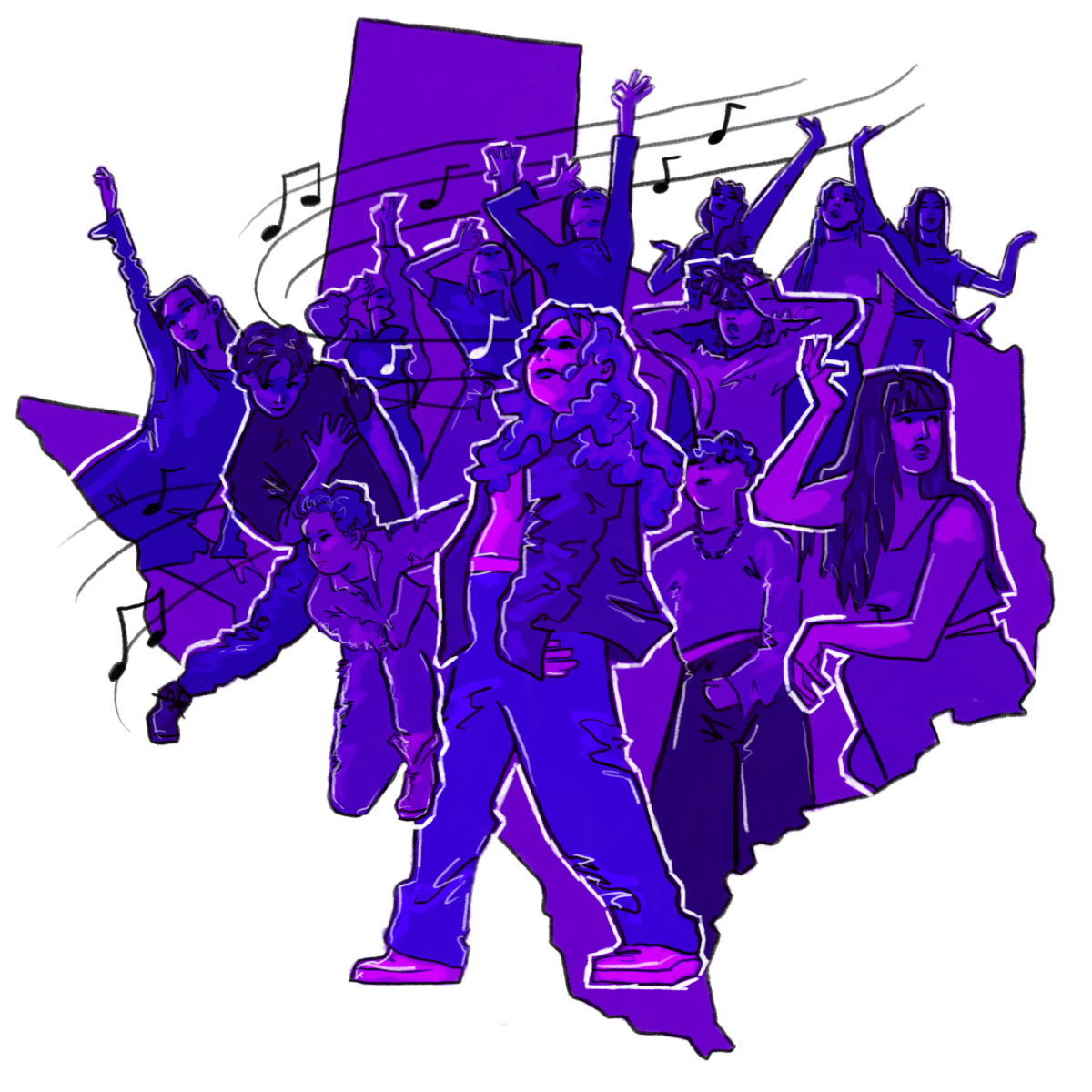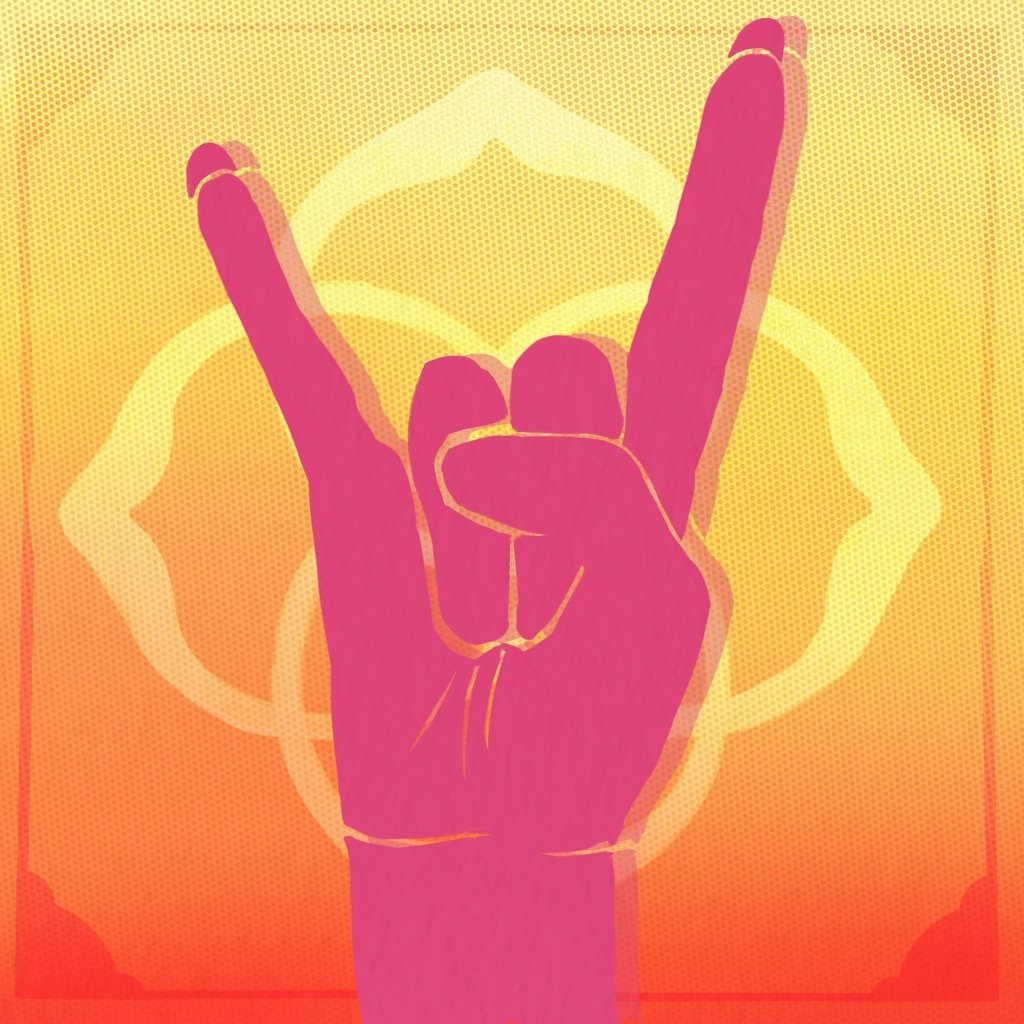Alumna Anvita Jain had her first panic attack the spring semester of her senior year. She said she had never dealt with anxiety before, did not understand what was happening and did not know who to talk to.
“You would be surprised by how many people silently suffer from mental health issues. Everyone has their struggles, whether they have been diagnosed or not,” Jain said.
Jain found power in sharing her story on social media. After finding a community there, she discovered the online platform MannMukti, a national nonprofit organization founded in 2017 to destigmatize discussions involving mental health in the South Asian community.
This stigma surrounding mental health in the South Asian community generally originates from the “desire to preserve reputation and status at all costs and to prevent community gossip,” according to the Mannmukti website. The website said an added pressure is the model minority stereotype.
Now, Jain is the vice president of development and outreach for the national organization and works with organizations across the country to destigmatize mental health.
The UT chapter of MannMukti was founded in the fall of 2019 by co-presidents Jaish Bhojwani, management information systems junior and Fatima Hameed, public relations junior.
Hameed said she struggled with her mental health during her transition into college, and it was not until she opened up to her friends and sorority sisters that she learned that she was not alone.
“There’s so much pressure. (I felt like) I couldn’t reach the goals and standards my parents would set,” Hameed said. “No one really talks about the real issues or if they’re dealing with that on a daily basis to the point that they can’t get out of bed.”
With this organization, Hameed said she hopes to create a space for conversations about mental health on campus.
On a national level, MannMukti puts together social media campaigns, testimonies and podcasts sharing South Asian stories surrounding mental health. The UT chapter aims to be there for students on a more personal level.
“For this community to see someone talk about their journey through mental health and know they actually go to campus and know that they can see them face to face and talk about it, there’s a connection,” Bhojwani said.
UT’s MannMukti’s chapter facilitates these conversations through social media and events. In December, the chapter organized “Chai Ki Raat MannMukti Ke Saath,” which translates to “Chai Night with MannMukti.” They provided free tea, samosas and a safe space for students to de-stress during finals season.”
This month, the UT chapter visited the dance practice for UT Nritya Sangam, a South Asian competitive classical dance team for a mental health check-in.
Rutuja Joshi, one of the captains of the team and management information systems junior, said they received an email from the chapter and wanted to invite them to the practice so the team knew they had resources available and people who cared.
“I’m glad that our generation of students is trying to make (mental health) a priority and an ingrained part of the way that we run our organizations,” Joshi said.
Bhojwani said UT MannMukti will also be launching two new events this semester: Slam the Stigma, where panelists from South Asian backgrounds will come together to talk about their mental health journeys, and a charity ball to celebrate the end of the semester and relieve stress from exams.
“MannMukti is geared toward removing the stigma,” Jain said. “The more you reach out, the more groups you touch, the more dialogue you create. That’s where it starts — with that awareness.”





















